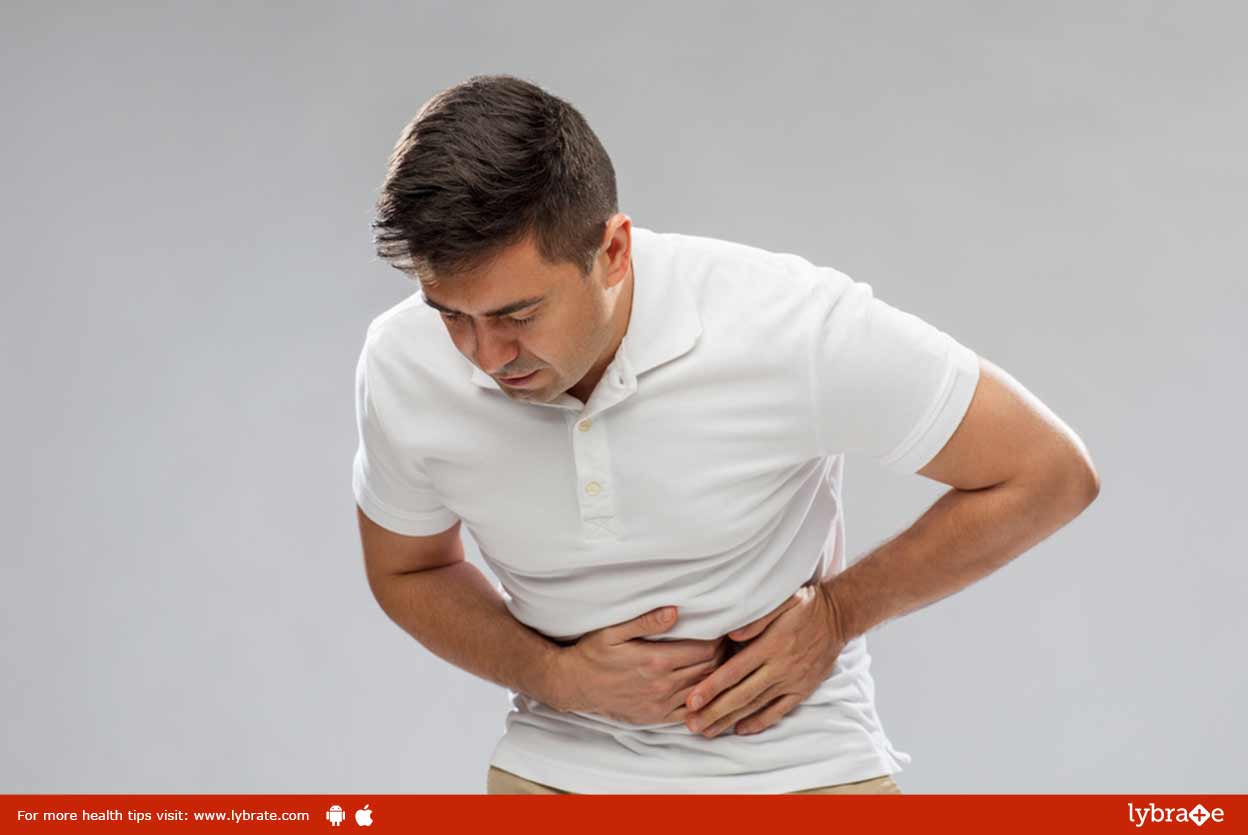By Dr. Himanshu Yadav , Gastroenterology
A peptic ulcer is said to happen when rashes develop in the duodenum lining of the small intestine, oesophagus and the linings of the stomach. If not treated immediately, peptic ulcers might lead to other serious health complications.
While the causes of peptic ulcer might vary from person to person, the breakdown of the linings of the stomach, small intestine and the stomach can occur due to:
- Stomach infection caused by the bacterium Helicobacter pylori, which remains the most common reason for peptic ulcers
- Regular intake of painkillers likes aspirin and ibuprofen.
- Excessive acid formation resulting from pancreatic tumours.
- Excessive consumption of alcohol and tobacco.
- Serious illness such as liver damage, stomach cancer or concurrent problems with kidney and lung.
Note- Though not specific, peptic ulcers are documented majorly in people above the age of 40.
The symptoms of peptic ulcers include:
Persistent vomiting tendencies, nausea, and intense pain in the middle and upper regions of the stomach after every meal or during night coupled with pain in the heart region, stools containing blood, bleeding in the gastrointestinal areas and rapid loss of weight.
When diagnosed with a peptic ulcer, you should follow the respective steps, as per your doctor’s prescription and the seriousness of the condition:
- The doctors might suggest upper endoscopy to eliminate peptic ulcer if the ulcer is severe, causing instances of bleeding. If the instances of bleeding are high, resulting in pores on the stomach which can’t be regulated by endoscopy, then the doctors might suggest surgery.
- Prescribed intake of antibiotics to kill the bacteria or Proton Pump Inhibitor (P.P.I.) to regulate the stomach acids along with the usage of Pepcid and other acid blockers might heal the peptic ulcer.
- Absolutely abstain from alcohol, tobacco and don’t use painkillers excessively and irrationally. Maintain a healthy diet in order to prevent a relapse of the same.








































